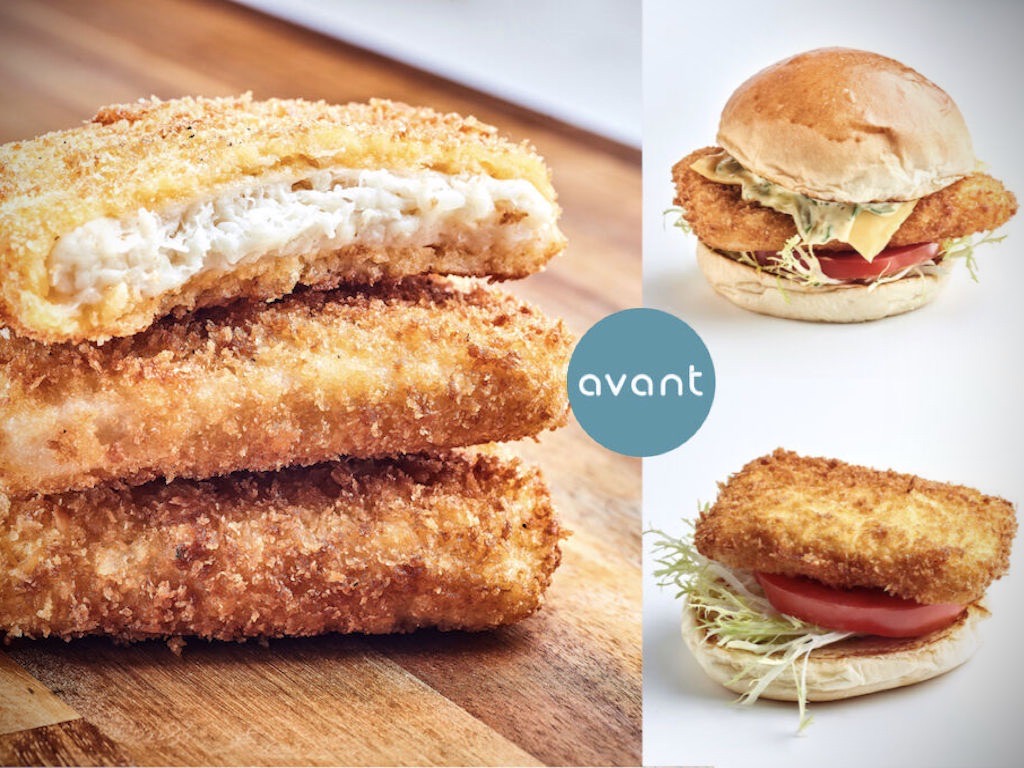

Beyond Meat shifts focus with new 'Beyond Ground' product as CEO Ethan Brown charts fresh course
Beyond Meat is charting a new course as it works to refresh its place in the plant-based food industry. After years focused on creating plant-based products that replicate beef, pork, and chicken, Ethan Brown, CEO & Founder, says the company’s next major launch will be a product designed to stand entirely on its own.
“It’s not trying to be beef, pork, or poultry. It’s simply a very high protein, center-of-the-plate product that can be used in any dishes you’d use any ground meat in,” Brown told Inc. magazine. “It’s just called Beyond Ground.”
Beyond Ground is only a working name for now, but the product will contain just four ingredients: water, fava bean protein, potato protein, and psyllium husk, a type of fiber. It’s expected to deliver about 27g of protein and no added oil. Brown says Beyond Meat plans to introduce the new item gradually, first targeting chefs and food influencers to gather feedback before launching it to consumers. A debut could happen as early as this fall, though no firm timeline is set.
The launch comes as Beyond Meat adapts to changing market conditions following its rapid rise in the past decade. Founded in 2009, the company entered public markets in 2019, with shares soaring to around US$235 shortly after its Nasdaq debut. More recently, shares have traded significantly lower, closing Thursday at US$3.41.
Beyond Meat initially captured widespread attention as part of a wave of plant-based companies offering meat alternatives with improved taste and texture. According to data from the Good Food Institute (GFI), US sales of plant-based meat reached US$1.4 billion in 2020, a 45% increase over the prior year, and remained relatively steady through 2022 before beginning to decline.
The company’s net revenue peaked at about US$465 million in fiscal 2021 before falling roughly 30% to US$327 million in fiscal 2024.
Industry observers point to several factors influencing the recent market downturn, including a 2019 advertising campaign from the Center for Consumer Freedom. The group, which does not publicly disclose its funding sources but says it is supported by restaurants, food companies, and individual consumers, ran prominent ads that labeled plant-based meat as “ultra-processed imitations” and compared it to dog food, according to Fast Company.
Marion Nestle, Professor Emerita of Nutrition, Food Studies, and Public Health at New York University, told Inc. the campaign was “devastating”, particularly the comparisons to pet food. While she acknowledged that plant-based meats are indeed ultra-processed, she questioned whether some ingredients in meat alternatives offer real health benefits compared to whole foods. “[Ultra-processed foods] encourage people to eat more calories than they might otherwise, and not realize it,” Nestle wrote via email. “Is isolated pea protein healthier than eating peas? I don’t think so.”
Beyond Meat has responded to such criticisms by promoting its role in a 2020 Stanford Medicine study that highlighted cardiovascular benefits from replacing red meat with plant-based alternatives. In 2024, it introduced a new product line called Beyond IV, which features simpler ingredient lists, avocado oil instead of coconut oil, reduced sodium, and a wider mix of protein sources, including peas, red lentils, fava beans, and rice.
“We knew [our products] were really healthy, but we wanted to make them unassailable,” Brown said.
Price remains another challenge for the category. Jody Kirchner, Associate Director of market insights at GFI, noted to Inc. that plant-based meats are often priced two to three times higher than conventional meat, a hurdle that has become more significant amid rising costs of living and inflation. “Consumer budgets are tighter, and they’re less willing to purchase premium price products in many cases,” she said.
Brown emphasized that Beyond Meat is focused on achieving price parity – and ultimately beating the price of animal-based protein. “Over time, we will under-price animal protein, and at that point, the floodgates will open,” he said. “There will be massive disruption, when we can provide very clean, healthy protein that people understand to be better for them at a price that is lower than animal protein, that will be a transitional moment.”
To support its plans, Beyond Meat recently secured US$100 million in debt financing from Unprocessed Foods, an affiliate of the Ahimsa Foundation, a plant-based advocacy nonprofit. The agreement includes warrants to purchase up to 12.5% of Beyond Meat’s outstanding shares, providing new capital as the company focuses on its next steps.
Brown hopes Beyond Ground will be the beginning of a new identity for the brand. “I want people to think more about it being Beyond, versus, ‘This tastes just like beef or pork or poultry,’” he said. “You’re getting your protein right from the field. That’s the difference.”
(Story based on reporting by Chloe Aiello for Inc. magazine.)
If you have any questions or would like to get in touch with us, please email info@futureofproteinproduction.com

.png)






